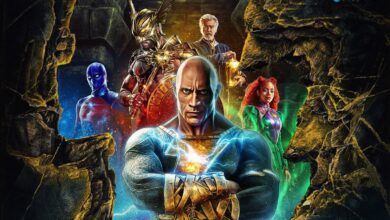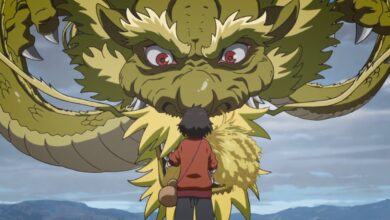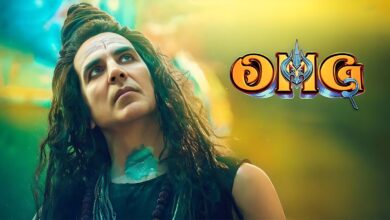Kraven The Hunter Review: A Cinecomic Without Infamy and Without Praise
Kraven The Hunter Review: Kraven The Hunter by J. C. Chandor is a classic example of cinecomic post “Endgame”. It is not simply ugly, it is really badly conceived, done worse, made bearable only by some fleeting sequence, by some flashes of energy that come from the unfortunate cast involved in this announced fiasco, yet another from Sony’s Spider-Man Universe. And so here comes another film to forget for this cinematographic universe, perhaps the worst ever dedicated to cinecomics. Somehow, it’s over. It had somehow started with Venom so controversial yet blockbuster, for a Spider-Verse in live-action whose meaning we have repeatedly struggled to understand, waiting for the realization of a design that has never really been completed. Now, after 6 years, with several slips on the route and some abundant regrets, the Marvel-Sony film universe comes to an end, at least for the moment, with Kraven the Hunter. Then Kraven The Hunter is a bad movie, Yes, but it’s not a surprise. It is not after five other mediocre films (three Venom, Morbius, Madame Web) that Sony hastened to put in the pipeline to prevent the rights it maintains on a small parterre of Marvel characters related to Spider-Man from returning to Marvel’s hands and Disney.
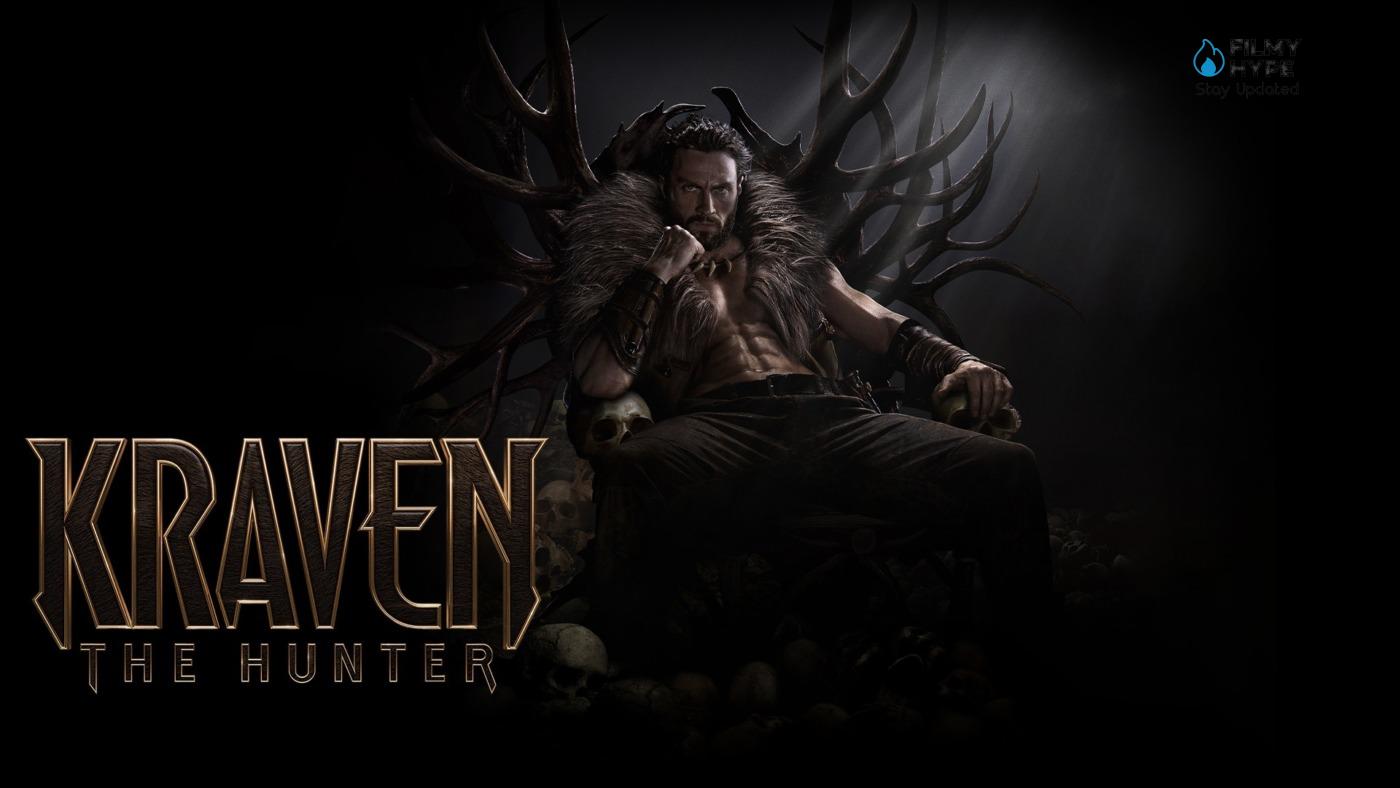
Another, the latest, film focused on the origins of a Spider-Man villain, without the climber and with nothing but faint links and quotes to send Marvel readers to broth. J.C. Chandor with Aaron Taylor-Johnson as the Hunter Marvel, in the end, it is all that could be expected, without surprises or clamor: a cinecomic anchored to the past and an end in itself, enjoyable up to a certain point (and the merit goes above all to the physical charism of the protagonist) but unable to go beyond or to represent an added value for a shared universe on which the curtain has now fallen. The only result that Kraven The Hunter seems to be getting is that of providing Amazon and Barbara Broccoli with a zero-cost audition from Aaron Taylor-Johnson as James Bond, a role for which it has been said to be in pole position for months. With this film and with its brilliant performance in Nosferatu, the actor presents himself as an interpreter capable of doing a little all remaining in an actor’s profile. When he takes off his shirt for the need in full Siberia to give air to his sculpted chest before launching the coup de grace to a bad square there is a joke, when he lends himself seriously to the most foolish passages of this script, he proves to be a real actor, as well as a pleasant, attractive and aware presence of it.
Kraven The Hunter Review: The Story Plot
Sergei Kravinoff, son of the gangster Nikolai, left the family years ago because he did not want to inherit his father’s business. A mystical episode in Africa has given him physical abilities beyond normal, which together with his hunter skills – the only positive lesson of the parent – make him one of the most feared vigilantes on the planet. Known just like the Hunter, Kravenhe goes around the world to kill criminals, especially those related to the Russian underworld. Once a year he returns to London to celebrate his half-brother Dmitri’s birthday, but on this tour, he finds himself involved in a fight for power caused by one of his murders. And he may finally have met an opponent capable of giving him a hard time: Aleksei Sytsevich, aka Rhino. And it’s better not to find out how he got that nickname…
In the structure, Kraven The Hunter follows the same tracks as his predecessors, from Morbius to Madame Web (read the Venom the Last Dance review): it is a story of origins about a villain who is not so bad because he was shaped by someone more evil than him. In this Sergei Kravinoff’s story adheres, more or less, to his comic background. The protagonist of Russian origins, after drinking a potion that has given him supernatural abilities inspired by the animal kingdom, becomes a ruthless and relentless hunter, with the sole and only objective of flushing out his prey. However, a fundamental difference emerges from the Sony film compared to its paper counterpart: where Kravinoff’s obsession is, in Marvel literature, guided by his insane predatory instinct, aimed at taking up the increasingly difficult challenge against the perfect prey which will then prove to be Spider-Man, in the cinecomic directed by JC Chandor Sergei’s wild nature is put at the service of a sort of personal revenge, in the name of dramatic family revenge.
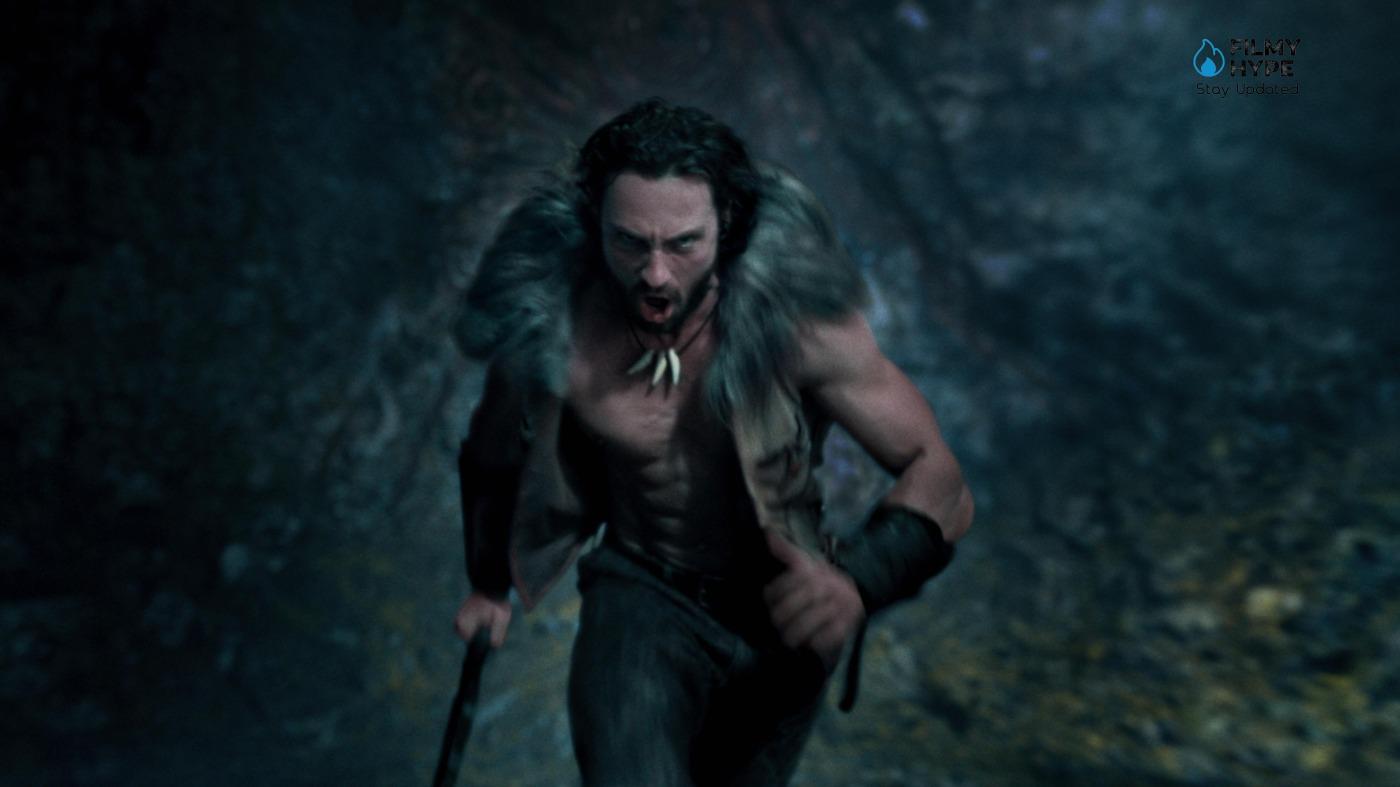
Raised by his father Nikolai (Russel Crowe) with the sole objective of inheriting his underworld empire, the protagonist develops a peculiar feeling of justice and decides to vote on his skills to eliminate powerful and evil men like the parent, becoming more of a sort of vigilante. And in this great design, his work is soon hindered by opponents linked to the past of the Kravinoff family, in a chain of events destined to redesign the Kraven status quo, setting the origins of the villain that all readers have always known. Well, the first problem is just that: Kraven The Hunter was clearly thought, originally, as the first chapter given something other, since the plot of the film is clearly preparatory to its final act, to the consequences of the protagonist’s actions and his future conduct. In this vortex of events, the effort made by Sony in an attempt to amalgamate various elements, including secondary ones, linked to the Ragnoverso is certainly commendable, but most of the time these quotes remain ends in themselves. Even more than Venom, Morbius, or Madame Web, Kraven lays bare the difficulties of a Spider-Verse in live-action without his main actor: little is needed to wink at the Ragnesque symbolism if the whole story remains detached from its main context.
Kraven The Hunter Review and Analysis
The real Achilles heel of this film is writing, which reaches peaks of listlessness and laziness that we rarely witness. Three screenwriters, not one, oversaw a film that first shows us the massacre of a herd of buffaloes as the incipit of a scene and, once concluded, repeats it immediately afterward, unable to find another excuse to kick off another moment of action. The film is toned awkwardly, jumping from one genre to another and from the past to the present without balance, repercussions, gravity, and gravitas. Just like its protagonist who runs on broken glass, rubs on the asphalt, and punches unbreakable glass without even stripping his skin. An unavoidable script, which in turn accompanies a choice of harmful principle: that of making a handful of films about Spider-Man villains making them (anti) heroes, depriving them of their nature of villains, which is what makes them interesting, even fascinating.
In the case of Kraven then, undresses him, as well as literally, also of his main identity of hunter. In comics Kraven lives for hunting, for the thrill of chasing prey, hunting it, cunning it, ending it. It is put on the trail of Spider-Man because it is a prey difficult to catch, therefore desirable motion. Sony has not felt like carrying on the figure of a character who loves to kill big fairs. A predictably unpopular choice in the face of current sensitivity; especially considering that Kraven is not bad but only very manesco. So as a hunter of wild animals, the protagonist becomes a defender of the same, presenting himself as a hunter of men. Its true superpower seems to be to attract animals made with very bad visual effects, causing death most of the time in an innocent way. It is difficult to choose a scene like the peak of irritation generated by this film among the many papabili. Personally, maybe choose the one that should connect the character to the world of Spider-Man, through a vision in which we are briefly explained why he will immediately dislike Peter Parker. Possible that the worst fears, the most chilling nightmare of a man than work (or hobby?) does the killer, raised by an abusive father and with a perennial sense of guilt towards his brother, both what is shown to us?
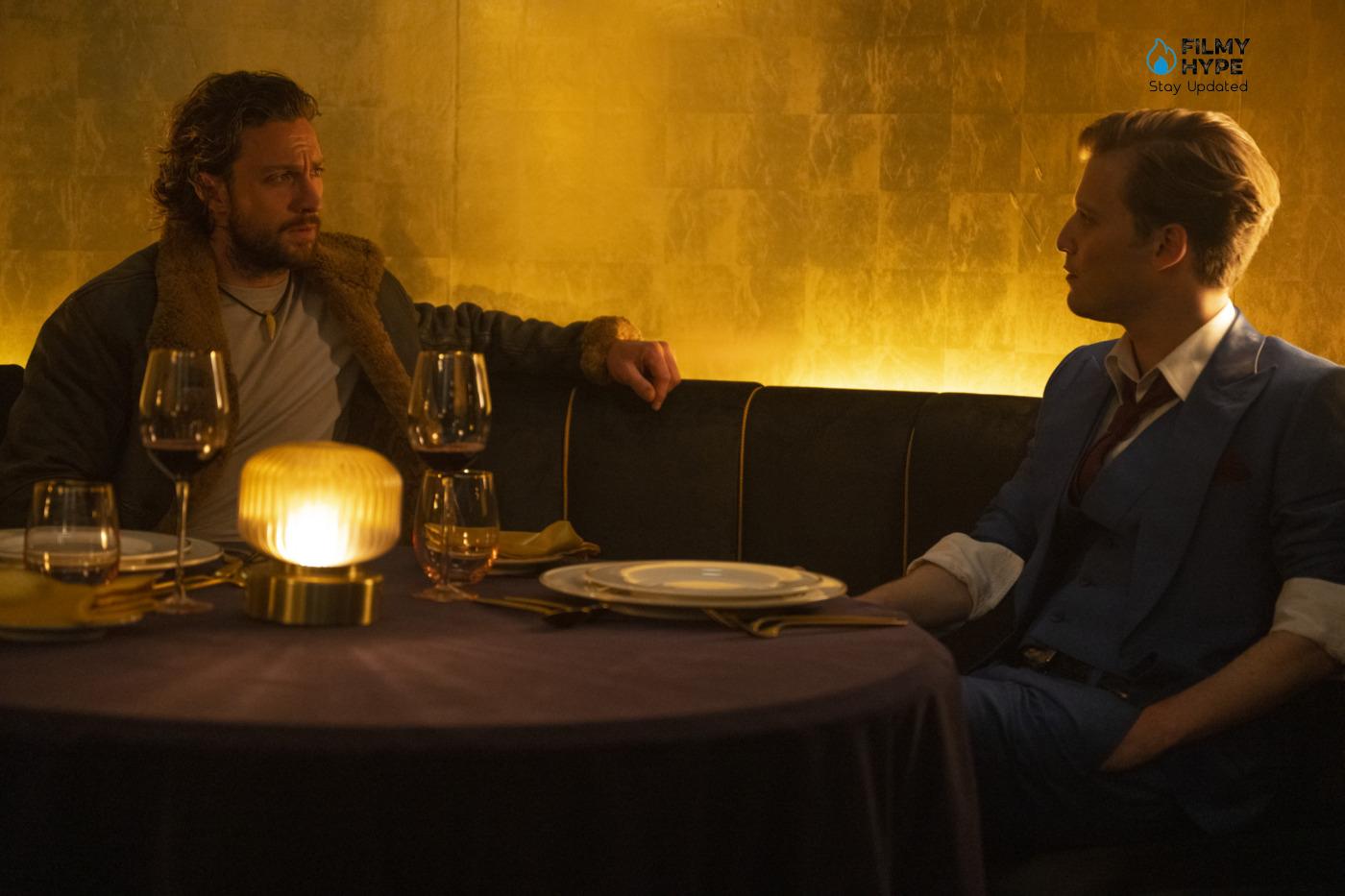
So what can the direction of someone who still knows what he’s doing like J.C. Chandor? Little or nothing, for a film whose ambition is to restart the counter from scratch of the rights, perhaps making two dollars, but having no ambition beyond that of obtaining the maximum from the minimum, or perhaps even less, not caring about it than present to the public something practically unpresentable. Another controversial element concerns the management of supporting actors and antagonists: almost all of them are inserted a little haphazardly into the pile, without a solid writing to support them or concrete motivations, since most of them change and evolve for plot needs by sacrificing a truly coherent development. Starting from the main villain, but without neglecting the allies or the affections of the protagonist: we will not go into detail in order not to reveal crucial elements of the plot, but the general feeling is that once again we are faced with a cinecomic who wants to “wink” at all costs despite not having the ability to go all the way.
The result is, in essence, a cinecomic that lets itself be looked at without too much fanfare, also because the action frame of the product is actually superior to previous productions. This is thanks to a more violent and mature frame and, above all, to the stage and physical presence of its protagonist: Aaron Taylor-Johnson is a born Kraven, and precisely for this reason it is very sorry not to be able to admire his Sergei in a wider context than this. Although the special effects are not always up to par (the CGI used for some animals and the transformation of the antagonist does not leave you satisfied), the film enjoys a sufficiently enjoyable staging consistent with the skills of its main actor. In short, the advent of Kraven The Hunter on the Big Screen is an operation that saves the salvable but fails to affect as it should. Considering how it has gone so far with the Sony Spider-Man Universe, that’s fine too.
Kraven The Hunter is a structurally old cinecomic, in the wake of his predecessors, but he lets himself be looked at without making disasters. To balance a cast of forgettable characters and a series of winks for themselves is the disproportionate charism of its leading actor: Aaron Taylor-Johnson is a born Kravinoff and the great regret is not having seen him at the service of a more ambitious and better-framed project than this. At the end of the vision of about 2 hours, a sufficient film remains at least as regards Sergei’s physical charisma and a more adult staging: the rest, unfortunately, will remain under the carpet of a Sony Universe that has never been able to express its immense potential. The choice to represent the inner conflict of a character like Kraven could have turned into something much more interesting than it actually was. The film, as anticipated, looks like the classic origin story, introducing the complex and dramatic story of a young man who lives his growth within a toxic and criminal family.
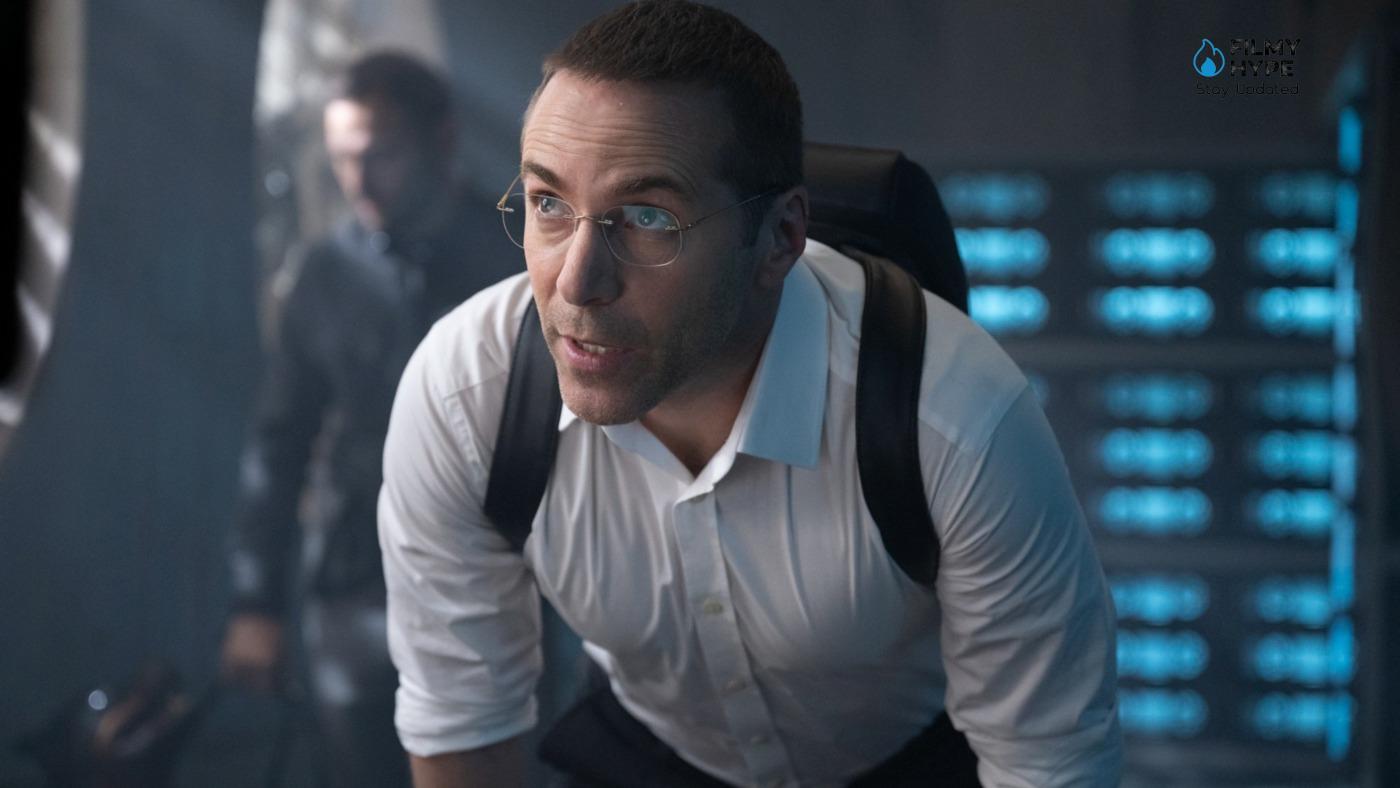
There are many ideas to start with, if it were not that Kraven The Hunter never manages to be convincing in what he does or even remotely incisive. The contrast with the family and self-research are central themes within the work directed by J. C. Chandor written by Matt Holloway, Art Marcum, and Richard Wenk, and it is these that convey the main developments of a story that continuously oscillates between the human and personal drama of its main characters and the action over the top. The problem, however, lies in how everything develops on the big screen. Kraven The Hunter has almost nothing interesting and many of the things that pass on the big screen have already been addressed several times in many other films of the same mold. In this it seems rather out of time and already old, old in proposing the classic story of personal conflict in which morality continually bends according to the point of view, complete with the suffering origins of the protagonist and his consequent isolation and conflict with his father.
Psychological reflections are worthless, when everything proceeds without too much weight, simplifying even the most excited moments in a story in which only in the final turn could something more be read. For the rest, Kraven The Hunter recalls the old superhero films of the early 2000s, and follows some dynamics, including aesthetic ones, but does so with 20 and over years of delay. The direction, the costumes, and above all the special effects leave a bitter taste in the mouth, followed by some sequences that do not work at the dialogic-narrative level, and even less than CGI. The film lacks the charisma that one would have expected from such a character; unfortunately, there is no malice, inhuman and ferocious anger (present only in some moments of violent action), incisive villains are missing, and a more in-depth and convincing study of their fictional context. Writing of Kraven The Hunter he never fully manages to involve because he is all too hasty and classic in telling a character that is easy to predict on his way.
Mitigating the iconicity behind the same film project, the story through images moves between ups and downs, opening up to even interesting reflections (like the environmental issue, functional to the presentation but soon forgotten), solving everything in a work that is not surprising or involves too much also from the point of view of rhythm and of the general characterization itself. Aaron Taylor-Johnson’s work is interesting as a whole and convincing but lacks bites and a reason that should make you passionate about its journey through the shadows. Same thing for Russell Crowe’s character, rather stereotypical and tasteless. In the shadow of a not-too-original story, however, some interesting observations develop on human ties and the weight that these can have within the family. Here it is Kraven The Hunter not only does he reveal the origins of a man/beast, but he also tries to analyze the reasons, preferring to adopt a fluctuating and simplified analytical approach that would have been very interesting to see deep beyond the surface.
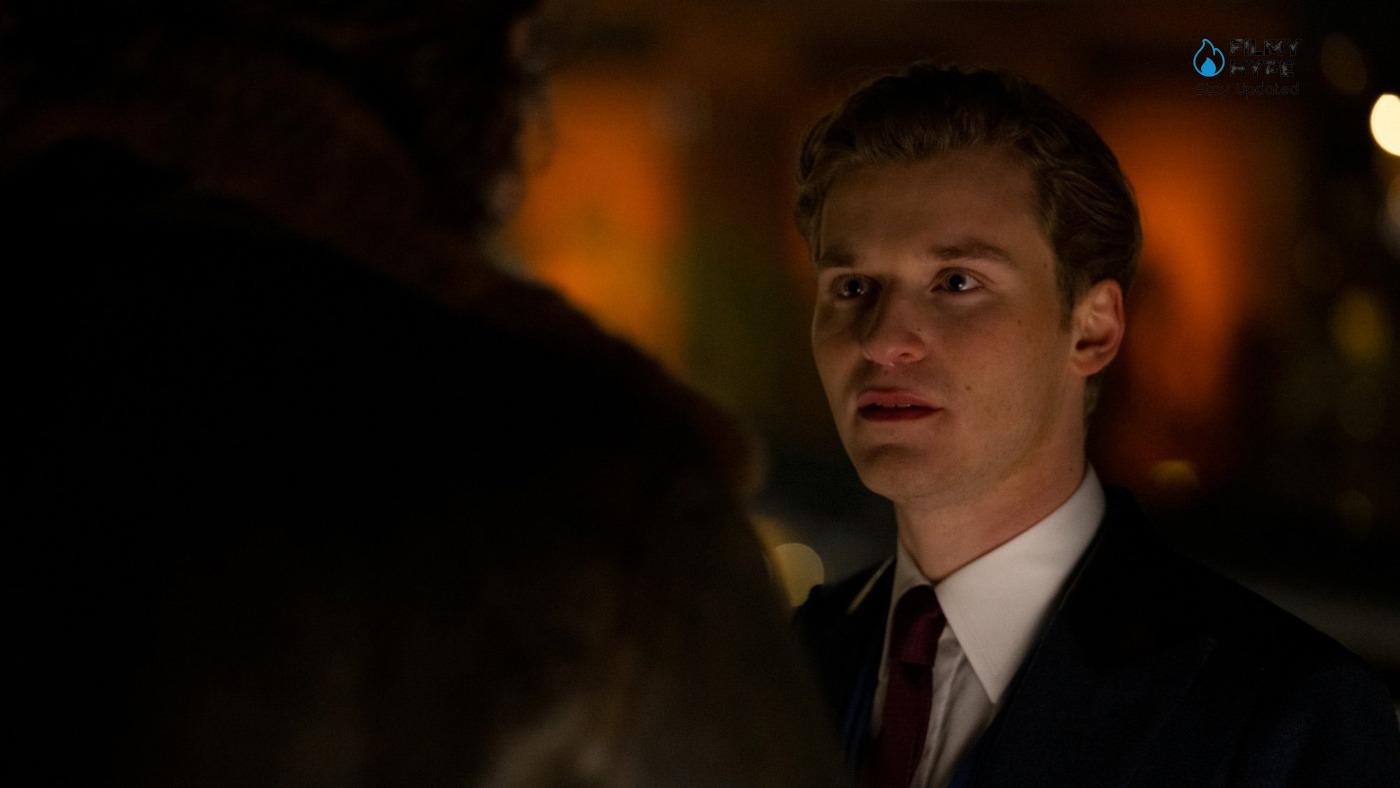
The big flaw of Sony’s Spider-Man Universe has always been inherent in the name itself: what is the point of creating a franchise that revolves around the supporting and enemies of Tessiragnatele if the latter does not appear? Also because the previous films did everything to exploit the brand, from the first Venom which in the interviews was sold in sufficiently vague terms as a kind of Schrödinger cat of the Marvel Cinematic Universe (perhaps it was part of it and perhaps not) up to get to Madame Web which shows the birth of Peter Parker, without explicitly mentioning its name. And here it is Kraven – The Hunter, by detachment, rises above colleagues because he does not pretend once to have a Spider-Man around the corner (despite references to characters such as Professor Miles Warren, a fundamental figure of the notorious Clone Saga which dominated Spider-Man’s newspapers in the 1990s). The scion of the Kravinoff family exists in its universe, with comic elements reworked to be consistently part of a microcosm that does not want to know about the Multiverse and annexed cumbersome plots.
To this we add that, in the United States, this is the first film by the franchise to have a ban on minors, especially for the brutal sequences in which Kraven eliminates opponents. It is ironic, therefore, that the events of the SSU seem destined to end just when the only feature film willing to give a damn – at the narrative and promotional level – of the confused macrohistory behind the scenes and embrace with bloody joy a pulp dimension that, in other circumstances, it could have been the beginning of something familiar yet sufficiently different in the panorama of Sony’s superheroic productions In the current context, however, it pays the price of five previous films which, however amusing in their being out of time, have irreparably compromised the structural integrity of a self-styled franchise that was already born on a not particularly solid basis.
Kraven The Hunter Review: The Last Words:
Kraven The Hunter looks like a classic origin story, but cannot be convincing or innovative. The plot, centered on family conflict and the search for the identity of the protagonist, is developed hastily and simply, without adding anything new to the genre. Despite the psychological reflections, the weave fails to involve, with excited moments reduced to superficial sequences and without impact. The limits in special effects and the lack of charisma in the characters make Kraven – The dated and Uninspiring Hunter. Writing is predictable, and despite some interesting ideas, such as environmental issues, the film cannot surprise or build a deep bond with the public. Sony’s Spider-Man Universe closes its doors – probably – with the adventures of Kraven the Hunter, a brutal story in gangster sauce that convinces with its pulp size.
Cast: Aaron Taylor-Johnson, Ariana DeBose, Fred Hechinger, Alessandro Nivola, Christopher Abbott, Russell Crowe
Directed By: J.C. Chandor
Where to Watch: In Theaters
Filmyhype.com Ratings: 2.5/5 (two and a half stars)





